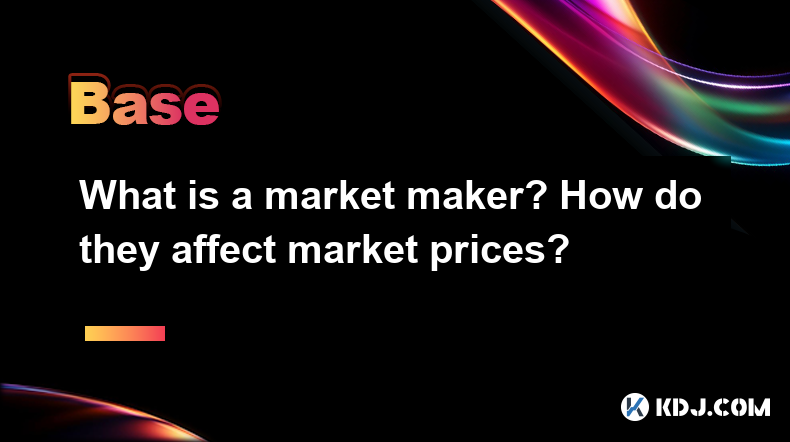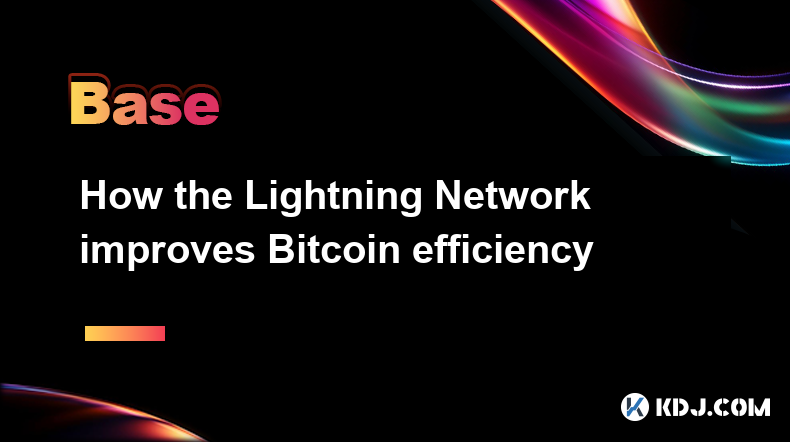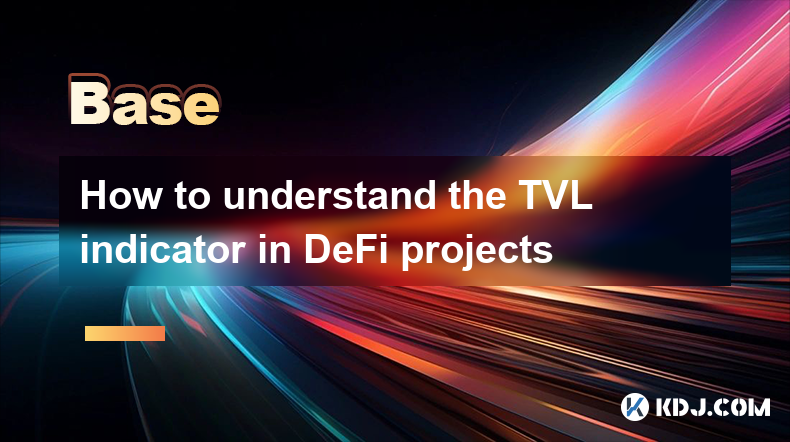-
 Bitcoin
Bitcoin $84,520.6628
-0.55% -
 Ethereum
Ethereum $1,596.1801
0.41% -
 Tether USDt
Tether USDt $0.9999
0.00% -
 XRP
XRP $2.0785
0.08% -
 BNB
BNB $594.0595
0.45% -
 Solana
Solana $134.2256
-0.25% -
 USDC
USDC $1.0000
0.01% -
 Dogecoin
Dogecoin $0.1588
1.18% -
 TRON
TRON $0.2403
-3.20% -
 Cardano
Cardano $0.6313
1.55% -
 UNUS SED LEO
UNUS SED LEO $9.2326
1.66% -
 Chainlink
Chainlink $12.6293
0.40% -
 Avalanche
Avalanche $19.2039
0.23% -
 Toncoin
Toncoin $3.0007
1.49% -
 Stellar
Stellar $0.2412
-0.14% -
 Shiba Inu
Shiba Inu $0.0...01231
4.04% -
 Hedera
Hedera $0.1656
0.96% -
 Sui
Sui $2.1353
-0.04% -
 Bitcoin Cash
Bitcoin Cash $344.3183
1.87% -
 Polkadot
Polkadot $3.7072
1.78% -
 Litecoin
Litecoin $76.4858
1.38% -
 Hyperliquid
Hyperliquid $17.0893
0.86% -
 Dai
Dai $0.9999
-0.01% -
 Bitget Token
Bitget Token $4.4107
0.91% -
 Ethena USDe
Ethena USDe $0.9993
0.01% -
 Pi
Pi $0.6213
0.42% -
 Monero
Monero $215.6701
-0.85% -
 Uniswap
Uniswap $5.2052
-0.03% -
 Pepe
Pepe $0.0...07250
-0.76% -
 OKB
OKB $50.3823
-0.35%
What is a market maker? How do they affect market prices?
Market makers provide liquidity in crypto markets, stabilizing prices by continuously quoting buy and sell prices, which helps traders execute trades efficiently.
Apr 11, 2025 at 02:42 pm

A market maker plays a crucial role in the cryptocurrency ecosystem, acting as an intermediary that provides liquidity to the market. Market makers are entities or firms that continuously quote both a buy and a sell price for a specific cryptocurrency, ensuring that there is always a market for traders to buy or sell their assets. This continuous presence of buy and sell orders helps to maintain market stability and efficiency.
The Role of Market Makers
Market makers facilitate trading by ensuring there is always a counterparty available for trades. They do this by placing limit orders on both sides of the order book: one to buy (bid) and one to sell (ask). The difference between these two prices is known as the bid-ask spread, which is essentially the profit margin for the market maker. By providing these quotes, market makers help to narrow the spread, making it easier and less costly for traders to execute their trades.
Impact on Market Prices
The presence of market makers can significantly influence market prices. Market makers help to stabilize prices by providing liquidity, which reduces the likelihood of large price swings due to sudden buy or sell orders. When there is a high volume of trading, market makers can absorb the excess supply or demand, helping to keep prices more consistent. Conversely, in times of low liquidity, market makers can help to prevent drastic price movements by continuing to provide buy and sell quotes.
How Market Makers Operate
Market makers operate by using sophisticated algorithms and trading strategies to manage their inventory of cryptocurrencies. They aim to buy low and sell high, profiting from the spread between their bid and ask prices. To manage risk, market makers often hedge their positions, using various financial instruments to offset potential losses. They also need to comply with the regulations of the exchanges on which they operate, ensuring that their activities are transparent and fair.
Benefits of Market Makers to Traders
Traders benefit from the presence of market makers in several ways. Firstly, market makers provide liquidity, making it easier for traders to enter and exit positions quickly. This is particularly important in the fast-paced world of cryptocurrency trading, where timing can be critical. Secondly, the presence of market makers can lead to tighter bid-ask spreads, reducing the cost of trading for individual investors. Finally, market makers help to maintain a more orderly market, reducing the risk of price manipulation and other unfair trading practices.
Challenges Faced by Market Makers
Despite their important role, market makers face several challenges. One of the primary challenges is managing risk, as they need to balance their inventory of cryptocurrencies to avoid significant losses. Market makers also need to deal with high-frequency trading and other sophisticated trading strategies that can impact their operations. Additionally, they must navigate the regulatory landscape, which can vary significantly from one jurisdiction to another. These challenges require market makers to be highly adaptable and to continuously refine their strategies.
Market Makers and Cryptocurrency Exchanges
Market makers often have close relationships with cryptocurrency exchanges, as they provide the liquidity that is essential for the exchanges to operate effectively. Some exchanges even have in-house market makers, while others work with external firms. The partnership between market makers and exchanges is mutually beneficial: market makers gain access to a large pool of traders, while exchanges benefit from the increased liquidity and trading volume that market makers provide.
Case Studies of Market Makers in Cryptocurrency
To illustrate the impact of market makers, consider the example of a well-known market maker like Jump Trading. Jump Trading is active on several major cryptocurrency exchanges, providing liquidity for a wide range of digital assets. Their presence helps to ensure that there is always a market for these assets, regardless of the time of day or market conditions. Another example is Wintermute, a market maker that focuses on decentralized finance (DeFi) tokens, helping to bring liquidity to this rapidly growing sector of the cryptocurrency market.
Frequently Asked Questions
Q: Can anyone become a market maker?
A: Becoming a market maker typically requires significant capital, sophisticated technology, and a deep understanding of market dynamics. While it is theoretically possible for anyone to become a market maker, in practice, it is a role that is usually filled by specialized firms with the necessary resources and expertise.
Q: Do market makers always make a profit?
A: No, market makers do not always make a profit. They face various risks, including market volatility and adverse price movements. Market makers use hedging strategies to mitigate these risks, but there is no guarantee of profit.
Q: How do market makers affect the volatility of cryptocurrencies?
A: Market makers can help to reduce volatility by providing liquidity and absorbing large buy or sell orders. However, their impact on volatility can vary depending on market conditions and the specific strategies they employ.
Q: Are market makers regulated?
A: Yes, market makers are subject to regulation, which can vary by jurisdiction and by the specific exchange on which they operate. Regulations typically focus on ensuring transparency, fairness, and the prevention of market manipulation.
Disclaimer:info@kdj.com
The information provided is not trading advice. kdj.com does not assume any responsibility for any investments made based on the information provided in this article. Cryptocurrencies are highly volatile and it is highly recommended that you invest with caution after thorough research!
If you believe that the content used on this website infringes your copyright, please contact us immediately (info@kdj.com) and we will delete it promptly.
- As of March 26, 2025, Solana is trading for $144.62. It dropped over half its value from its January peak of $288.
- 2025-04-19 06:20:13
- Oregon Attorney General Dan Rayfield is planning a lawsuit against crypto exchange Coinbase
- 2025-04-19 06:20:13
- The Dogecoin (DOGE) weekly chart is beginning to look eerily familiar
- 2025-04-19 06:15:14
- After a Shaky Start to the Week, These Tokens Are Showing Strong Signs of Recovery
- 2025-04-19 06:15:14
- Bitcoin (BTC) May Be Navigating Macro Turbulence, But Crypto Analysts Say Tokens Like BTC Bull Token Could Offer Both
- 2025-04-19 06:15:13
- New Ancient and World Coins at Atlas Numismatics
- 2025-04-19 06:15:13
Related knowledge

How the Lightning Network improves Bitcoin efficiency
Apr 17,2025 at 08:56pm
The Lightning Network represents a significant advancement in the Bitcoin ecosystem, aiming to address some of the most pressing issues related to transaction speed and cost. By enabling off-chain transactions, the Lightning Network drastically improves Bitcoin's efficiency, allowing for faster and cheaper transactions. This article will explore how the...

Analysis of the KYC process of cryptocurrency exchanges
Apr 17,2025 at 05:07pm
The Know Your Customer (KYC) process is a critical component in the operations of cryptocurrency exchanges. It serves as a regulatory measure to prevent fraud, money laundering, and other illicit activities. KYC procedures are designed to verify the identity of users and ensure compliance with financial regulations. This article delves into the various ...

What does Floor Price mean in the NFT market
Apr 17,2025 at 12:42am
The term Floor Price is a critical concept within the NFT (Non-Fungible Token) market, serving as a key indicator for both buyers and sellers. In essence, the floor price represents the lowest price at which an NFT from a particular collection is currently listed for sale on a marketplace. This price point is crucial for understanding the perceived valu...

How to understand the TVL indicator in DeFi projects
Apr 17,2025 at 03:28pm
Understanding the TVL indicator in DeFi projects is crucial for investors and enthusiasts looking to gauge the health and popularity of decentralized finance platforms. TVL, or Total Value Locked, represents the total amount of assets that are currently staked or locked in a DeFi protocol. This metric serves as a barometer for the trust and interest tha...

Analysis of the HODL term in digital assets
Apr 18,2025 at 10:28pm
The term HODL has become a cornerstone of the cryptocurrency community, often used with a sense of humor and camaraderie among investors. Originally a typo for 'hold,' HODL has evolved into an acronym standing for 'Hold On for Dear Life.' This article will delve into the origins, significance, and practical implications of HODL within the digital assets...

What is the abbreviation of FUD in the blockchain field
Apr 19,2025 at 05:56am
In the blockchain and cryptocurrency field, the term FUD is an acronym that stands for Fear, Uncertainty, and Doubt. This concept plays a significant role in influencing the market sentiment and can have a profound impact on the behavior of investors and traders. Understanding FUD is crucial for anyone involved in the crypto space, as it can help in mak...

How the Lightning Network improves Bitcoin efficiency
Apr 17,2025 at 08:56pm
The Lightning Network represents a significant advancement in the Bitcoin ecosystem, aiming to address some of the most pressing issues related to transaction speed and cost. By enabling off-chain transactions, the Lightning Network drastically improves Bitcoin's efficiency, allowing for faster and cheaper transactions. This article will explore how the...

Analysis of the KYC process of cryptocurrency exchanges
Apr 17,2025 at 05:07pm
The Know Your Customer (KYC) process is a critical component in the operations of cryptocurrency exchanges. It serves as a regulatory measure to prevent fraud, money laundering, and other illicit activities. KYC procedures are designed to verify the identity of users and ensure compliance with financial regulations. This article delves into the various ...

What does Floor Price mean in the NFT market
Apr 17,2025 at 12:42am
The term Floor Price is a critical concept within the NFT (Non-Fungible Token) market, serving as a key indicator for both buyers and sellers. In essence, the floor price represents the lowest price at which an NFT from a particular collection is currently listed for sale on a marketplace. This price point is crucial for understanding the perceived valu...

How to understand the TVL indicator in DeFi projects
Apr 17,2025 at 03:28pm
Understanding the TVL indicator in DeFi projects is crucial for investors and enthusiasts looking to gauge the health and popularity of decentralized finance platforms. TVL, or Total Value Locked, represents the total amount of assets that are currently staked or locked in a DeFi protocol. This metric serves as a barometer for the trust and interest tha...

Analysis of the HODL term in digital assets
Apr 18,2025 at 10:28pm
The term HODL has become a cornerstone of the cryptocurrency community, often used with a sense of humor and camaraderie among investors. Originally a typo for 'hold,' HODL has evolved into an acronym standing for 'Hold On for Dear Life.' This article will delve into the origins, significance, and practical implications of HODL within the digital assets...

What is the abbreviation of FUD in the blockchain field
Apr 19,2025 at 05:56am
In the blockchain and cryptocurrency field, the term FUD is an acronym that stands for Fear, Uncertainty, and Doubt. This concept plays a significant role in influencing the market sentiment and can have a profound impact on the behavior of investors and traders. Understanding FUD is crucial for anyone involved in the crypto space, as it can help in mak...
See all articles
























































































